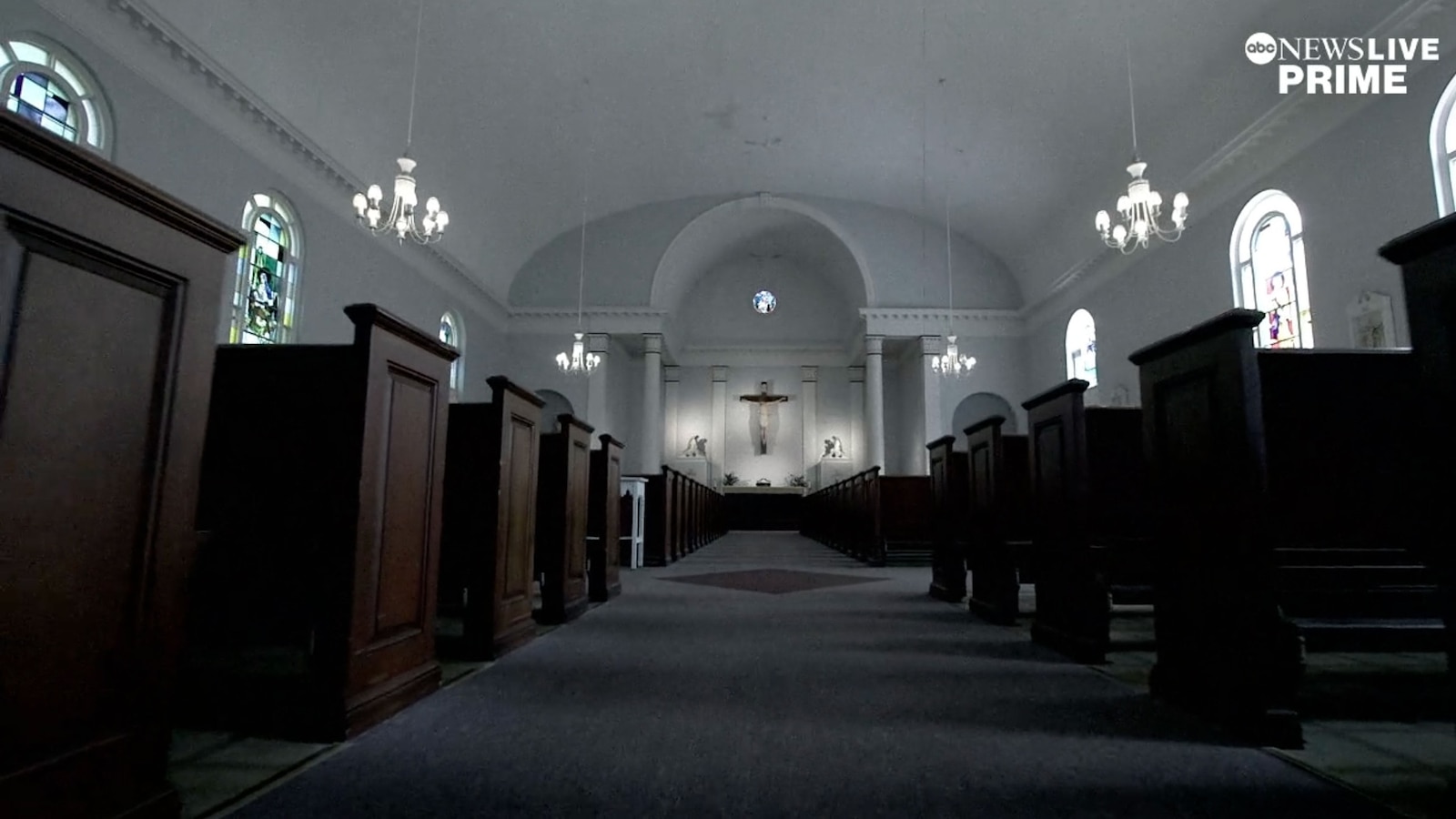Summary
Churches across the U.S. are grappling with dwindling attendance and financial instability, forcing many to close or sell properties.
The Diocese of Buffalo has shut down 100 parishes since the 2000s and plans to close 70 more. Nationwide, church membership has dropped from 80% in the 1940s to 45% today.
Some churches repurpose their land to survive, like Atlanta’s First United Methodist Church, which is building affordable housing.
Others, like Calcium Church in New York, make cutbacks to stay open. Leaders warn of the long-term risks of declining community and support for churches.



Do you mean that you have no library, or the library doesn’t have a game night? If the latter, you could try to start it; it’d just be a matter of getting their permission to use the space, setting a schedule, and putting up a sign. It might not take off immediately; it’d probably help if you brought a friend or two the first few times, but if there’s interest in your community, I bet folks would start coming once it became clear something was happening.
I mean my local library has, like, six tables and 10 book shelves. My town has 1200 people. What you’re talking about isn’t realistic.
All I’m getting at is, you have this - it’s the library. If you have the population to support a boardgame hall, you have the population to support a gathering at the library. Even if this doesn’t apply to you, it surely applies to other people who might not have considered the possibility.
Libraries are quiet spaces, I have no clue what you’re talking about.
Sure, and I mean, I’m not suggesting you just roll up at random with a trunk full of board games and set up shop. You talk to the library staff, arrange a time when they’re okay with you using the space and being a little louder, and advertise that time. It feels like you’re being argumentative just for the sake of being argumentative; in towns and cities with actual, functional communities, this is a normal thing. Heck, I grew up in a town with 1700 people in it; we had scheduled special events in the library and it was never a problem, so this isn’t just exclusive to big cities.
My library has board game rentals, multiple meeting rooms, and maker spaces with 3d printers, sewing machines, and other equipment along with the traditional rooms of books for different ages and interests. You can have social spaces within a library, it doesn’t all have to be silent.
Seconded. This would be far more productive than a religion with an obvious agenda/motive, you could build real communities without ties to guilt, tithing, less freedom, etc.
I like the way you think!